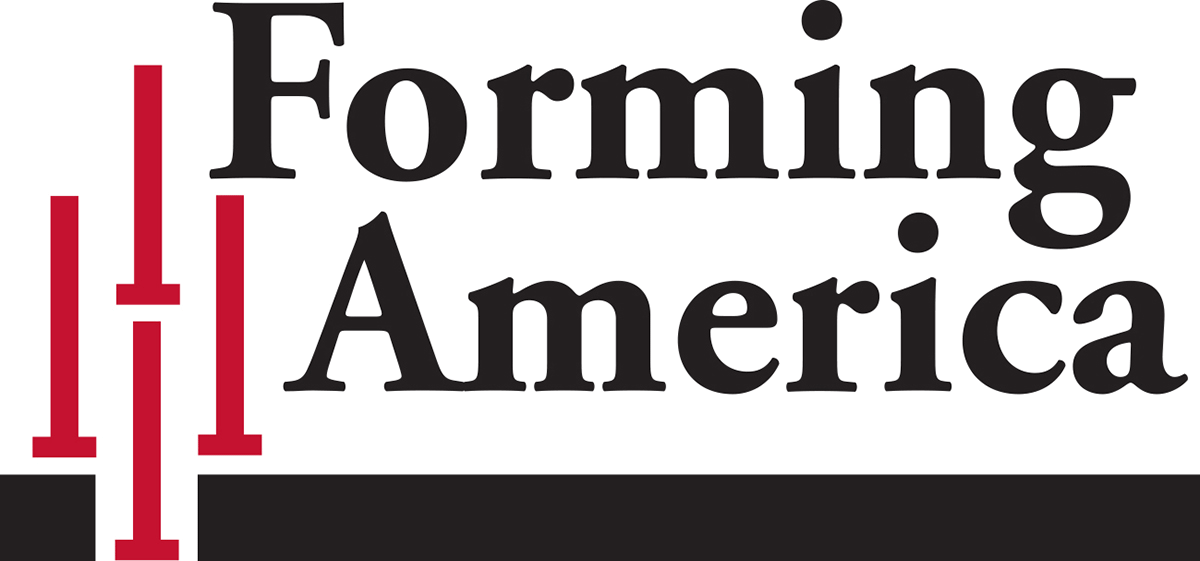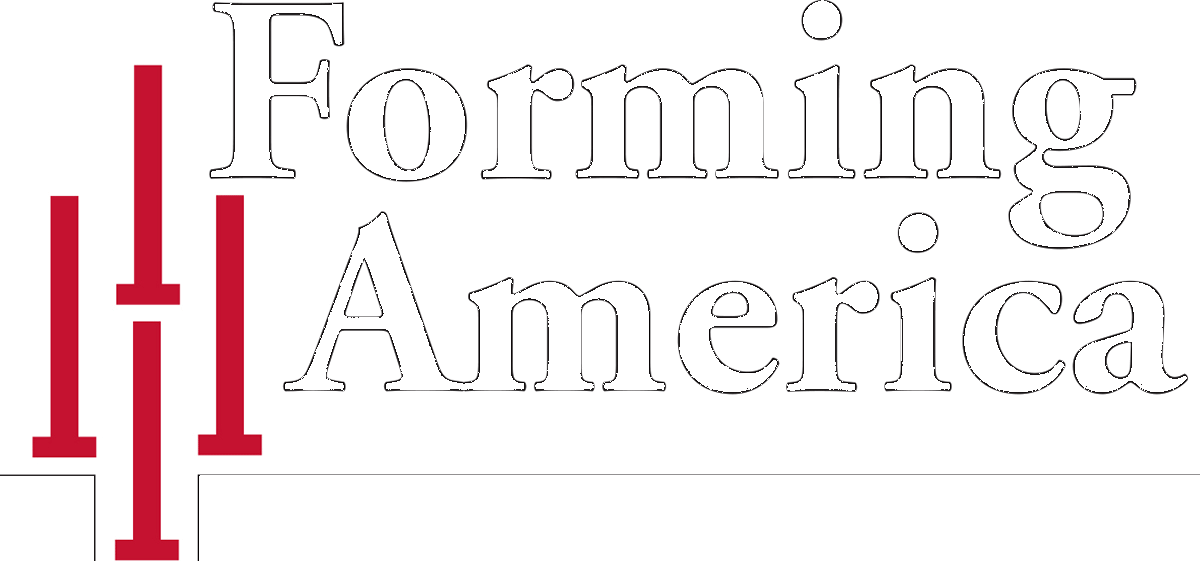Back to Basics: Construction Contracts 101
Whether you’re signing a new client or negotiating a rental agreement for Symons forms, it’s a good idea to take a step back and review the basics of your agreement. This will help remind you of the core concepts of the project and its short-term and long-term goals.
For something like contracts, it can be important to make sure you haven’t lost sight of what makes a good contract, which type of contract is right for each situation, and more.
Going back to “construction contracts 101” can be a great way of helping you realign your current contracts with your company’s philosophy and goals.
Know the Different Contract Types
There are a number of different types of contracts used in the construction industry. These contracts outline everything from how and when you will be paid to the length of the project, the quality of the work, and other job specifications. The four most common types of contracts you’ll likely deal with are fixed-price, unit pricing, cost plus contract, and time and materials contracts.
Understand the Documents Involved
While most people think of a contract as a single document, it’s actually a collection of several documents. This paperwork outlines the project, the timeline, the budget, and many other details.
The documents that make up a construction contract include items such as the scope of work, the schedule, the agreement between your company and the client, the general and special conditions, the declaration of construction insurance coverage, contractor drawings, and cost estimates.
The main document found in the contract is the construction contract agreement. This outlines who is involved in the project, the date the project will begin, and other vital information.
The construction company and the client must both sign this legally binding document before the project can begin. It’s likely that this agreement will include various clauses, sections, or appended documents that go into detail regarding the terms, scope, and other conditions.
Be Prepared to Negotiate
Most construction contracts go through some revisions before they’re finalized and signed. That’s because everything is negotiable. Before you sit down with the client, you need to be ready to negotiate. You need to have relevant cost figures, including the costs of materials, labor, subcontractors, and rental costs.
You also need to have looked at the proposed construction timeline and be ready to propose changes if necessary. Negotiating can take some time, and you need to carefully consider every point before agreeing.
Subcontractor Contracts
If you plan on subcontracting some of the work to another vendor instead of doing that work in-house, you’ll need to have a contract ready for them. These contracts should spell out exactly what you’re paying these vendors, what work you expect, the project timeline, and other guidelines such as how conflicts will be resolved.
The Important Escalation Clause
The escalation clause is one of the most important parts of a contract, especially for large projects that could take a number of months or even years to complete. This clause outlines how your crew and the client will handle risks.
For example, if fuel costs were to greatly increase during the duration of the project, how will those costs impact the budget, and how will that impact be addressed?
These clauses are fairly standard on smaller projects, though they are often (fortunately) not invoked. However, every contract should include an escalation clause in order to protect you from being forced to absorb unexpected costs.
Concrete Forming and Shoring Equipment Costs Should Never Be Unexpected
One line item in your contract’s budget is likely going to be for concrete shoring equipment. These costs can add up, especially if you’re constantly purchasing new forming. Renting these materials from Forming America, though, is a much more affordable and environmentally-friendly option. Contact us today to discuss your forming and equipment needs.




